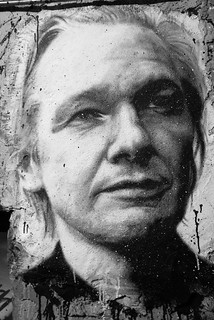 |
| http://fmp.cit.nih.gov/hi/ Title: Coronary artery bypass surgery Image ID: 657 B Photographer: Jerry Hecht Restrictions: Public Domain Image Date: 10/1/1981 Slovenščina: Kardiovaskularna kirurgija: koronarni bypass arterije. (Photo credit: Wikipedia) |
Managed three runs, but one was truncated due to time constraints and travel. Still, managed to fit the regulation 3 in. Read below for the reasons for the shorter effort. Still on track with this. Believe it or not, I'm down to do a 10 minute run on Christmas Day!
Writing:
Been a very busy week for many other things. A visit to my wife's relatives and friends in Washington, (that's the original, not the USA copy), took us away from home for a couple of days. Then a diversion to visit my younger brother in hospital in Middlesborough. He's had a double heart bypass and, as a type 1 diabetic, he is taking longer to recover than most. But he's a tough old bugger, so he's now out of Intensive Care and in the recovery unit. I'm hoping to collect him and get him home to his wife before Xmas, all things being equal.
Still struggling to get some sense out of the buyers of our house so we can organise our move. But they're proving less than helpful. Patience, it seems, is essential in this one.
My publisher released the last book in my fantasy trilogy, A Seared Sky, so I've been to visit him and sign some of the paperback versions. And, of course, been doing some marketing, especially as he's organised a special deal with all 3 digital versions for the Christmas period.
The truth is that I haven't been able to get to the book at all this week. But it's still there and still in preparation. I intend to do some more work on it once I've finished this post and posted it, in fact.
And, just to make life simpler at this time of stress and effort, a couple of the vital programs on my computer decided to play up this week. I think I've more or less sorted those now, but I'm not convinced!
The current week, of course, is Christmas. So, I'll be a little less busy with writing and associated things. A short spell of relaxation is necessary if I'm not to start dropping back into the ME/CFS: stress is definitely a serious factor in the condition and I refuse to allow it to take over my life again.
So, let's see what this week brings, eh?
Merry Christmas to all.














